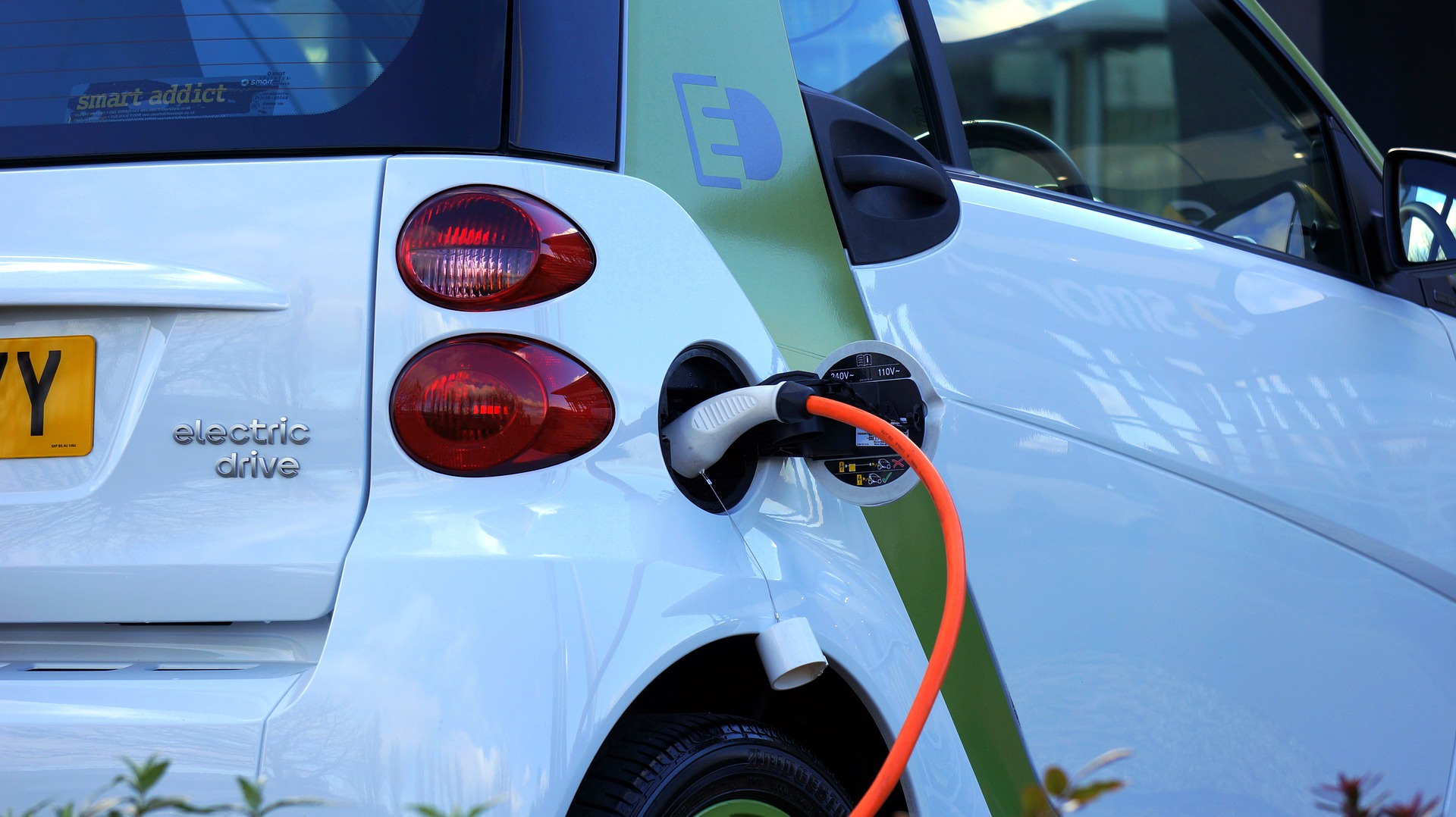While electric vehicles are thought to be the answer to a future of green, clean mobility, questions have been raised about the sustainability of the batteries that power them. Could blockchain hold the key?
Thanks to financial incentives, their green credentials and growing acceptance for the technology, sales of electric vehicles (EVs) are booming. According to some predictions, while approximately only 2 million vehicles are set to be sold in 2018, sales will reach 11 million by the year 2025, before leaping to 30 million by 2030 – when they’re predicted to become cheaper than petrol and diesel vehicles. While they have a positive impact on the environment, producing them, and in particular, their lithium-ion batteries, requires the mining of rare minerals such as cobalt, which has been proven to be mined in dangerous and unethical conditions, even in some cases using child labour. The same mineral – along with tantalum and cobalt – go into making smartphones and other electronics.
Now a UK company has developed Circulor, a blockchain based traceability system for tracking minerals from mine to manufacturer and ensuring their sustainability – with a central focus on both the electric vehicle and consumer electronics markets. “The technical challenge is to demonstrate provenance as the material changes from mined ore, through various processes to become incorporated within the finished car, phone or computer,” Douglas Johnson-Poensgen, CEO and Founder of Circulor explained to RESET.
So, how does it work?
Behind Circulor’s solution is a distributed ledger, a blockchain, that records the details of all of the minerals that enter the system. Producers use a mobile app to register the raw materials on the Circulor platform, while the Circulor Protocol is used to verify the data, carrying out tests on it via a chain of Smart Contracts before it enters the blockchain: checking that the process took place at an accredited facility, at the expected time, for the expected duration and in a way that matches the site’s declared operating capacity.
Circulor is also using other tools to ensure that the data introduced in its platform is accurate. “We want to record who, where, what (material composition) and when it was first logged. This is supported by an on the ground due diligence and inspection programme to make it harder to cheat. We are working on incorporating aerial imagery analysis to judge whether the stated mine location is actually producing the volume of material that is being claimed,” says Douglas.
Among their clients is BMW, the car manufacturer, who wants to prove that their cars are using cobalt that doesn’t come from conflict areas and that has been mined in a socially and environmentally responsible way. And Circulor recently launched a pilot project in Rwanda, where most of the world’s tantalum comes from, to help producers tag and trace their tantalum as it moves through the supply chain. As well as helping consumers see where the materials come from in the products that they buy, and making it harder for non-ethically sourced materials to get through the supply chain, the platform also hopes to “dramatically reduce costs for miners who currently shoulder a disproportionate share of the cost of compliance.”
Circulor is one of a number of companies that is plugging into growing consumer interest in the story behind the things that they buy – whether it’s minerals, food and clothing, coffee. And if we really believe in the environmental benefits of electric vehicles, we need to also be aware of the raw materials that go into producing them, and be sure that they too meet sustainability standards. As Douglas predicts: “Car and electronics manufacturers know its only a matter of time before this issue becomes mainstream and they need a solution before then.”






